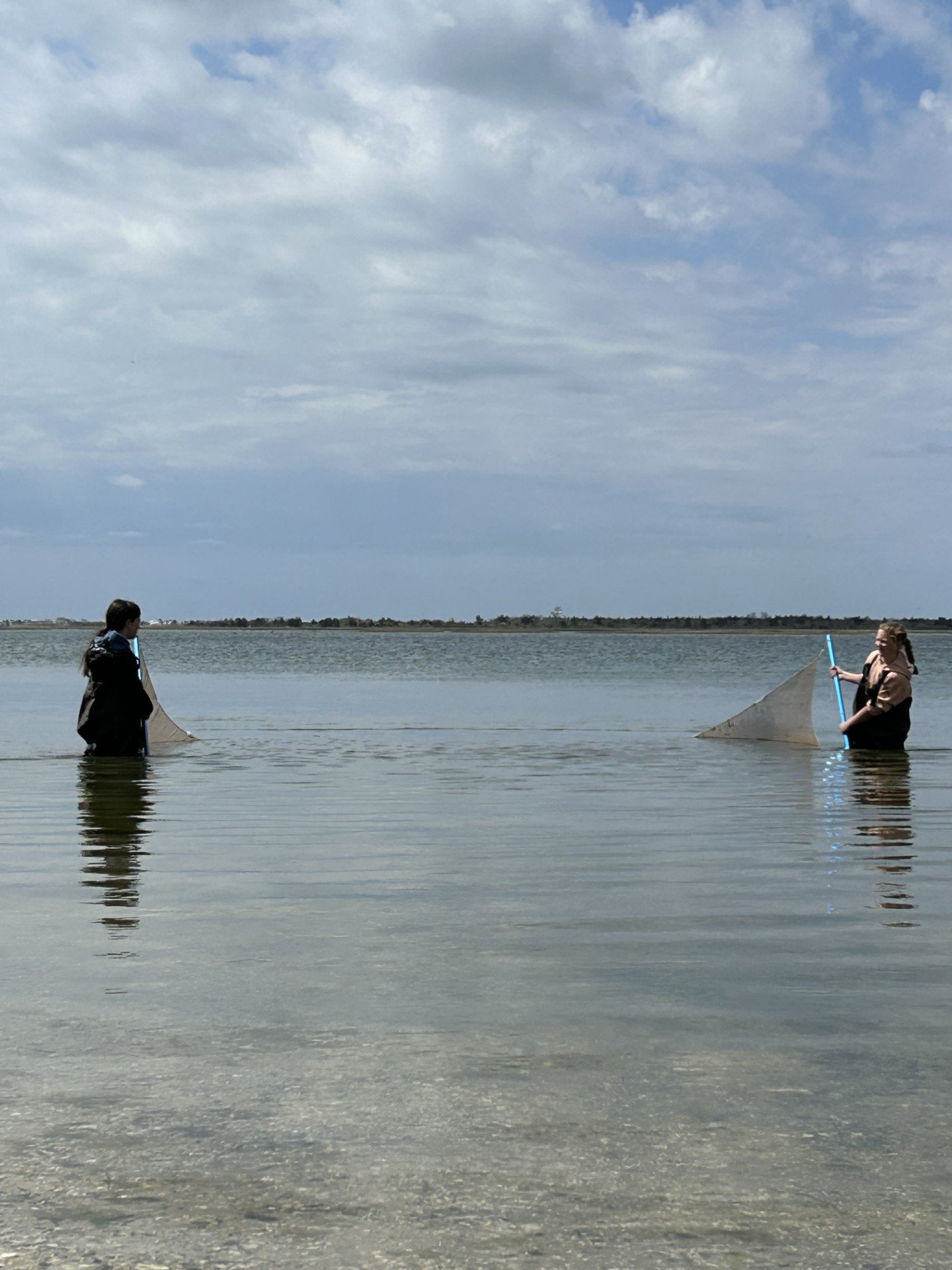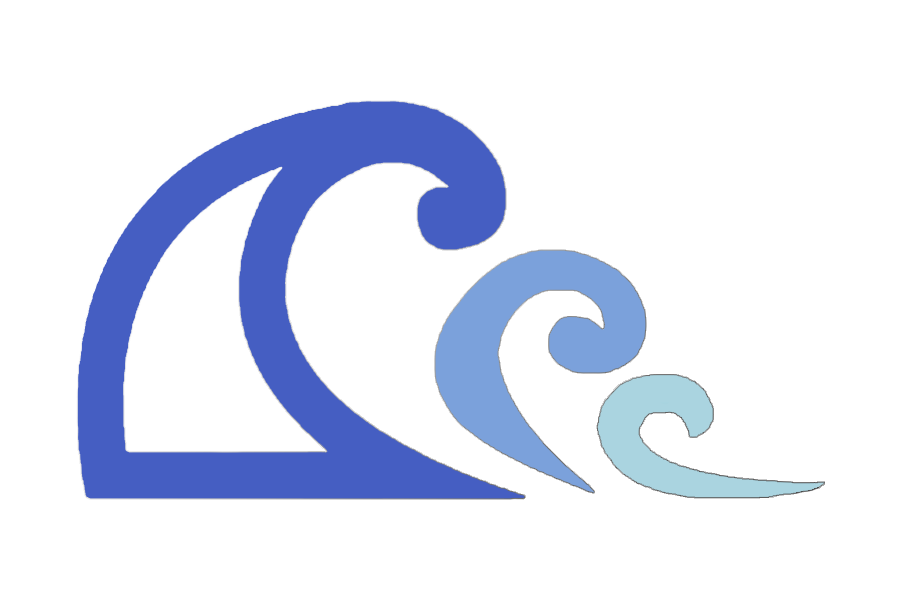
FIELD TRIPS
Bring your class to the park!
Island Beach State Park provides the perfect outdoor setting to enhance classroom-based learning! IBSP naturalists conduct curriculum-based field trips using this remarkable landscape as a tool. Students engage in real-world exploration of concepts they learn in the classroom.
Barrier Island Ecology Grades 1-8
Island Beach State Park provides the perfect outdoor setting to enhance classroom-based learning! Students will use a pair of waders and GO SEINING, or take a hike to the beach for an age appropriate activity. Throughout the field trip, scientific process and inquiry skills are promoted and reinforced as students learn about organisms, habitats, communities, and ecosystems, as well as the environmental factors that influence them.
***Guided Field Trips***
TIMES: Field trips are typically 2.5 hours and are designed for grades 1 through 8. (High School & University please contact us directly to coordinate your visit.)
DATES: Spring field trips are available Tuesday through Friday May - June. Fall field trips are available Tuesday through Friday, between Labor Day and Halloween.
COST: $3 per student, chaperones are free. Please bring a check on the day of your trip.
CAPACITY: Field trips are limited to 60 students. You can book multiple days to accommodate larger groups. Please call the Nature Center at 732-793-1315 or email kelly.scott@dep.nj.gov
CHAPERONES: Island Beach State Park complies with the state requirement of 1 chaperone for every 10 students. Chaperones play an integral role in any field trip. Please ensure they know the group’s itinerary, students’ names, and remind them to stay with students throughout the visit.
LUNCH: Lunch is not provided. However, students can bring lunch and eat after the field trip. Picnic tables are located at the nature center. Please remember that IBSP is a Carry-In, Carry-Out facility.
CLOTHING: Field trips are outside, weather permitting, and require walking on paved and unpaved trails and uneven terrain. Please wear clothing that can get wet and/or dirty.
OTHER: Students must wear a name tag. Buses/transportation MUST stay with the students at all times.
****Self Guided Field Trips****
If you are unable to participate in a Naturalist led field trip to IBSP, or if our educational programs do not meet your needs, consider organizing your own class field trip to the park! Please call the Nature Center at 732-793-1315 or email kelly.scott@dep.nj.gov for additional assistance.



